Best Cities To Live In Mexico In 2026
Mexico remains one of Latin America’s most compelling destinations, especially for North Americans. More than a million expats call it home, and tens...
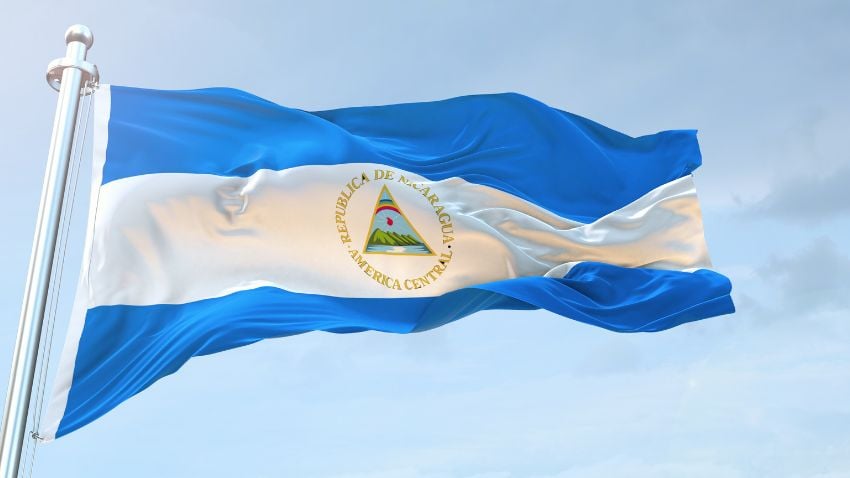
5 min read
Located in Central America, Nicaragua has long been a popular tourist destination thanks to its beautiful beaches and low crime levels. However, over the last decade, even more so post-Covid, many retirees and young professionals have been calling Nicaragua home thanks to the laid-back lifestyle and low cost of living. As prices continue to rise in many Western cities, making them unlivable for the middle class, this will likely continue for the foreseeable future.
The Nicaraguan government has been keen to capitalize on this trend by offering permanent residency by investing as little as $30,000 USD in certified reforestation or a business. Alternatively, this can be achieved with a monthly income of $1,000 USD, with both options leading to citizenship.
Nicaragua has a lot to offer, but it is not without its problems. Recently, there has been discontent among the population regarding the government's turn towards authoritarianism, with violent protests breaking out in several cities. While most expats may not be interested in the topic, it is worth knowing how it can affect your life in Nicaragua or your plans to live there in the future.
Nicaragua, with its rich history and relaxed way of life, has long been an attractive destination for expats seeking the beauty of pristine beaches and the serenity of nature. However, in recent years, the country's political situation has raised concerns and impacted the lives of both its population and expat community.
Nicaragua's political history has been marked by various systems and reasons for change. In recent times, there have been issues related to governance, elections, and the overall political climate. These factors have given rise to concerns among expats about the stability of the country.
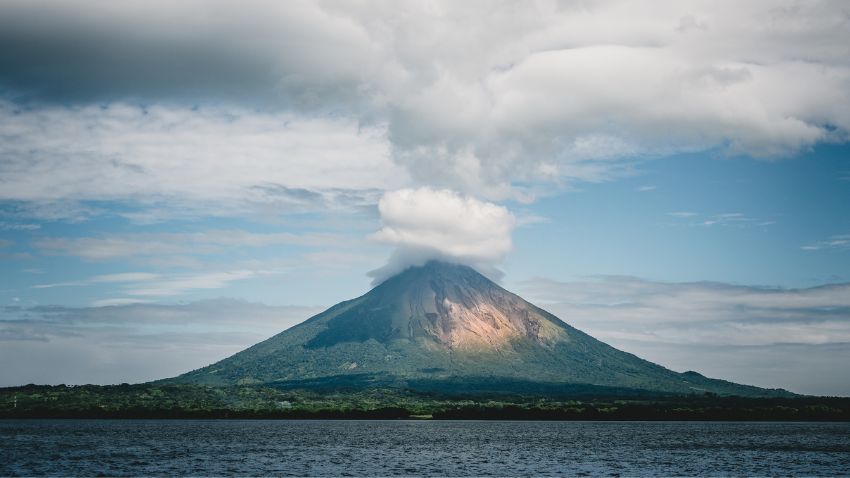
Momotombo Volcano
In order to understand the present, we need to take a look at Nicaragua's history. Like many countries in the region, it was on the front lines of the Cold War proxy wars between the US and the USSR. By the 1970s, this turned into a full-blown civil war with the US backing the Somoza regime and the USSR supporting the leftist Frente Sandinista de Liberacion Nacional (FSLN), of which current president Daniel Ortega was the leader.
While the FSLN succeeded in overthrowing the Somozas in 1979, it would face a US-backed insurgency that finally drew to a close in 1990. That ushered in the return of some normalcy with democratic elections being held in 1990, but that would be short-lived as Daniel Ortega won the presidential elections in 2006 and was recently elected for his fourth consecutive term in November of 2021.
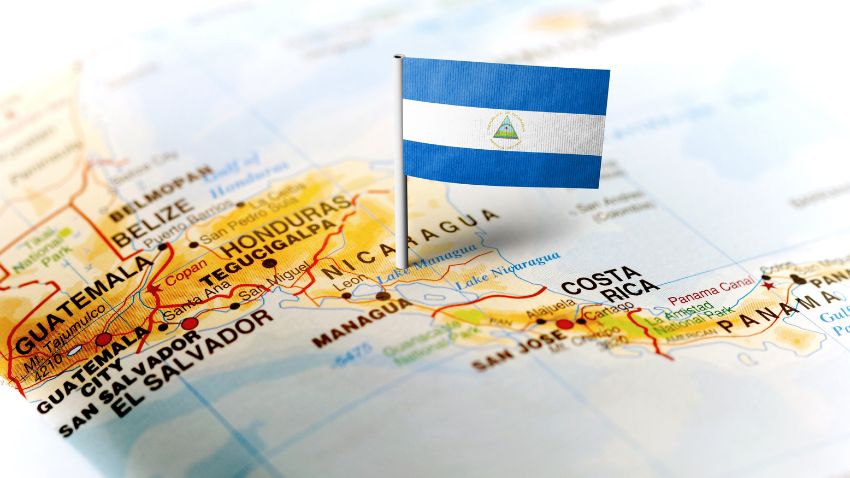
Map of Nicaragua
Over the last 16 years, Nicaragua has taken a turn towards authoritarianism. Since then, power has consolidated into the executive branch, and checks and balances have largely been eliminated. For all practical intents and purposes, Nicaragua is a one-party state run by Daniel Ortega and the FSLN. The recent elections were merely a formality, with Ortega and his wife (the first lady and vice president) soundly winning. Suffice to say, Nicaragua will remain under the control of the Ortegas for the foreseeable future in one way or another.
The political situation in Nicaragua affects expats in several ways. For one, it can impact the efficiency and reliability of public services, including infrastructure and access to essential services. This can be a significant consideration for expats who are accustomed to clean and efficient systems in their home countries.
Tourism, a vital sector for the country's growth and prosperity, has also faced challenges due to the political situation. Companies in the tourism industry have had to adapt to changing circumstances, which can have a ripple effect on employment opportunities and the overall economy.
Access to education and healthcare is another area where expats may see differences due to the political climate. Ensuring access to quality education and healthcare services is a priority for many expat families, and the evolving situation can impact these aspects.
Despite these challenges, Nicaragua still holds appeal for many expats. Its natural beauty, including its stunning beaches and abundant wildlife, remains a major draw. The relaxed way of life, welcoming local population, and opportunities to connect with nature continue to attract those seeking a different pace of life.
Now you are probably wondering what does all of this mean? If you prioritize living in a country that respects democratic principles like freedom of speech and free and fair elections, I would advise you to look elsewhere. Nicaragua is hardly a democracy, and dissent is often quashed with force. With the country effectively ruled by Ortega, relations with the US have soured in recent years. Unlike in the past, the US is unlikely to intervene militarily and overthrow the government. However, Nicaragua has effectively been cut off from western institutions like the World Bank and the IMF. As such, they have recently turned to China for investments and loans.
Expats in Nicaragua often find ways to adapt to the changing political landscape, seeking out communities and areas that align with their values and preferences. Many expats choose to work with local organizations and businesses, contributing to the country's growth and development.
Nicaragua's political situation has undoubtedly affected the lives of expats living in the country. It has raised concerns about access to services, stability, and overall quality of life. However, Nicaragua's natural beauty, relaxed lifestyle, and welcoming population still hold allure for many expats, who continue to find ways to make the most of their experience in this unique Central American nation.
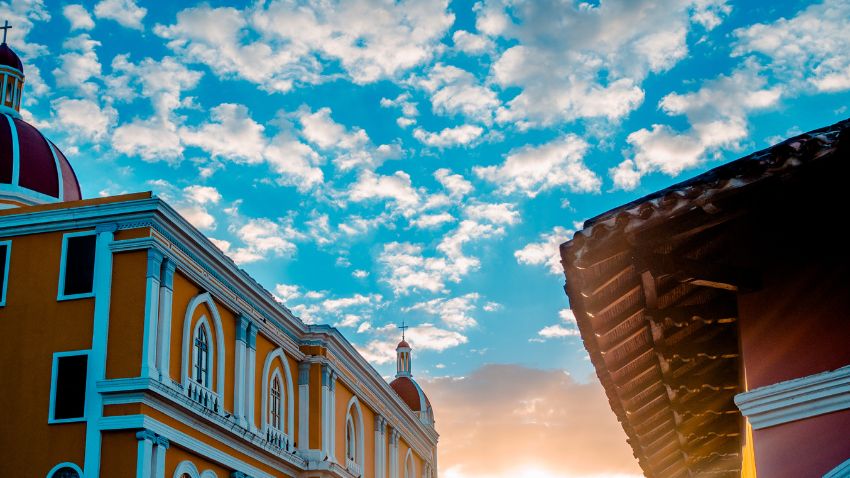
Nicaragua Skies
The Covid-19 pandemic hit many countries hard, including Nicaragua. However, what sets the country apart from many others is how the government reacted to it. Many countries in the region, like Colombia and Ecuador, placed troublesome restrictions on their citizens, such as limiting the days and hours you could leave your house. Others required proof of vaccination to go grocery shopping.
Nicaragua took a different approach, respected individual liberty, and did not force troublesome Covid-19 measures on its citizens. While a negative PCR test or proof of vaccination is required when visiting Nicaragua, there are no mask requirements or restrictions on mobility inside the country.
Related content: The Basics Of How To Get A Second Passport Or A Second Residency.
Despite the political situation, Nicaragua still has a lot going for it. While tensions with the US have increased, Nicaragua is unlikely to be expelled from free trade agreements like the DR-CAFTA. Doing so would adversely affect ordinary Nicaraguans and be unpopular with other countries in the region. At the same time, the US has largely refrained from placing sanctions against the country.
Even with the turn towards authoritarianism, it has not had a significant negative impact on the economy. GDP growth for the last decade has been a steady 5-6%, with Nicaragua posting solid numbers post-Covid. Inflation has also been kept in check thanks to prudent macroeconomic policies.
Although the Sandinistas have a leftist ideology, they mostly adhere to orthodox free-market economics. Nicaragua has welcomed foreign investment, with foreigners having many of the same rights as locals, and they can own land instead of leasing it. Unlike other countries in the region, there has been little talk of expropriation, and the government has largely respected property rights.
That said, Nicaragua is still livable and barring any unforeseen changes, it will remain so for the foreseeable future. It is one of the safest countries in the region, and that has not changed for the worse in recent years. At the same time, cases of discrimination and hostility towards foreigners by locals or the government are practically unheard of. Likewise, expropriations of land or property have not been reported.
While Nicaragua's government has taken an anti-US stance over the last decade, little has changed on the ground. In fact, you probably would not even notice a difference in your day-to-day life. There is nothing to suggest that you should stay away from Nicaragua due to the current political situation. Of course, protests can always flare up again, as noted recently. However, if you stay out of politics and keep to yourself, you have little to worry about.
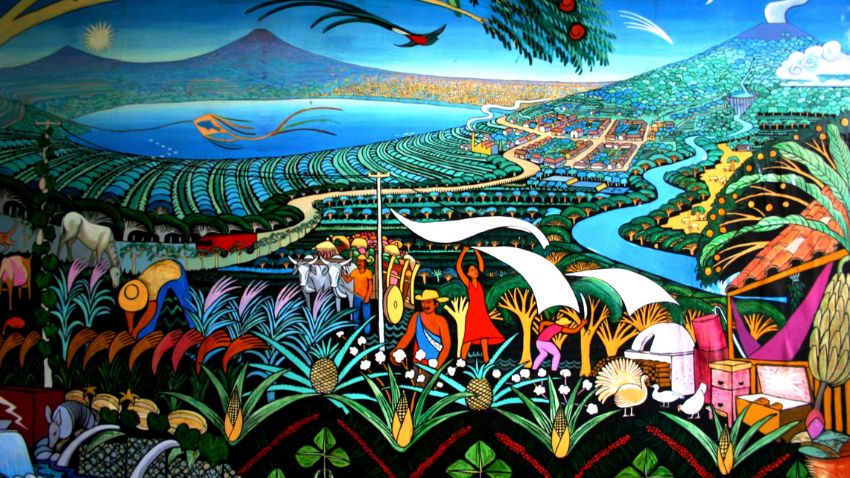
Laguna de Apoyo: This colorful mural captures the pastoral life passed down for centuries near the heart of Nicaragua.
If you want the best intel from the expat world, including profitable offshore opportunities, little-known tax-saving strategies, and hard-won insights on immigration, passports, and Plan-B residencies, all delivered to your inbox every single week, then join our daily correspondence, EMS Pulse®. Currently enjoyed by over 84,000 expats and expat-hopefuls worldwide. Fill in the form below to join our newsletter free:

Written by Mikkel Thorup
Mikkel Thorup is the world’s most sought-after expat consultant. He focuses on helping high-net-worth private clients to legally mitigate tax liabilities, obtain a second residency and citizenship, and assemble a portfolio of foreign investments including international real estate, timber plantations, agricultural land and other hard-money tangible assets. Mikkel is the Founder and CEO at Expat Money®, a private consulting firm started in 2017. He hosts the popular weekly podcast, the Expat Money Show, and wrote the definitive #1-Best Selling book Expat Secrets - How To Pay Zero Taxes, Live Overseas And Make Giant Piles Of Money, and his second book: Expats Guide On Moving To Mexico.

Mexico remains one of Latin America’s most compelling destinations, especially for North Americans. More than a million expats call it home, and tens...

South Korea is far more than K-pop and K-dramas. It is a country known for outstanding food, from bustling street markets to high-end dining, as well...
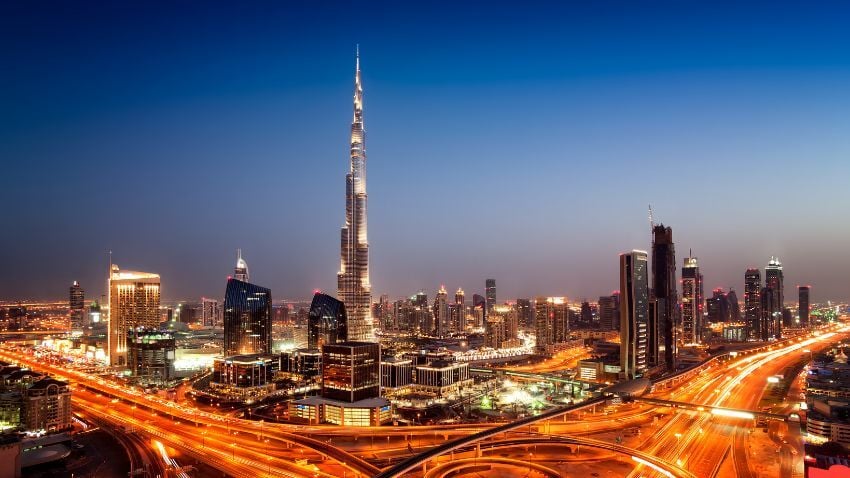
Asia is one of the most fascinating regions in the world for travel, offering an extraordinary mix of cultures, histories, and landscapes. From...